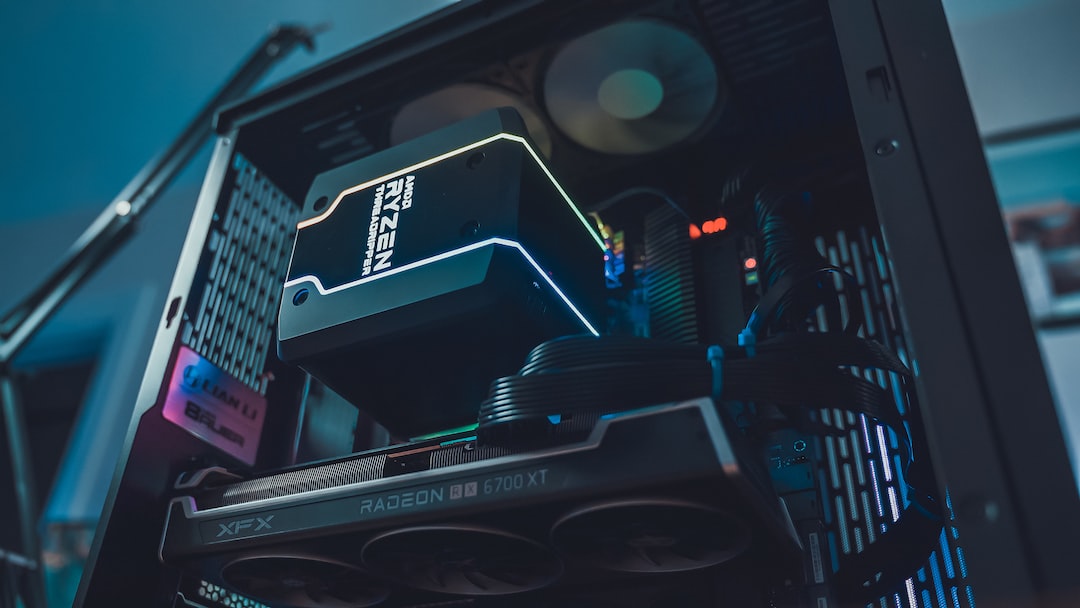The Internet of Things (IoT) has emerged as a powerful force in shaping the future of technology. It refers to the network of interconnected physical devices that can communicate and exchange data through the internet. From our homes to our workplaces, from cars to wearables, IoT is revolutionizing the way we live and work. In this blog post, we will explore the various ways in which IoT is shaping our future.
One of the most significant impacts of the IoT is its ability to enhance our daily lives. Smart home systems, for example, allow us to control appliances, lighting, heating, and security systems remotely. With just a few taps on our smartphones, we can turn off lights, adjust room temperature, and even monitor our homes through security cameras. IoT-enabled devices bring convenience and efficiency to our lives, making everyday tasks simpler and more manageable.
Moreover, IoT is transforming the healthcare industry, making healthcare more accessible and patient-centric. With wearable devices and sensors, individuals can monitor their vital signs, track their fitness goals, and receive personalized health recommendations. For patients with chronic conditions, IoT devices can collect real-time data and alert healthcare providers in case of any anomaly. This allows doctors to remotely monitor patients and intervene promptly, reducing hospital visits and improving overall healthcare outcomes.
In the business world, IoT is bringing about significant changes as well. The industrial sector is adopting IoT technologies to improve efficiency, reduce costs, and enhance overall productivity. Machines and equipment can be connected, enabling real-time monitoring of performance and maintenance needs. This, in turn, allows businesses to optimize operations, minimize downtime, and prevent costly repairs. The integration of IoT in logistics and supply chain management has also revolutionized the way products are tracked, ensuring timely deliveries and reducing losses.
However, with great power comes great responsibility. One of the biggest challenges with IoT is ensuring data security and privacy. With billions of interconnected devices, there is a constant exchange of sensitive information, making IoT vulnerable to cyber-attacks. Hackers can exploit vulnerabilities in devices, accessing personal information or even gaining control over critical infrastructure. As IoT continues to expand, there is an urgent need to develop robust security protocols and frameworks to protect users’ data and privacy.
Another concern with IoT is the ethical implications of its widespread adoption. With devices tracking our every move and collecting vast amounts of data, questions arise regarding its use and potential misuse. Who will have access to this data? How will it be used? Will it be used for targeted advertisements or sold to third parties without our consent? As IoT becomes an integral part of our lives, addressing these ethical concerns is vital to ensure a fair and transparent future.
The Internet of Things is undoubtedly shaping the future of technology, bringing new opportunities and challenges. From improving our daily lives to transforming industries, IoT is revolutionizing the way we interact with the world. However, as we embrace this technology, we must prioritize data security and privacy while also addressing the ethical implications. By doing so, we can ensure a future where IoT empowers individuals, enhances businesses, and contributes to a more connected and sustainable world.

